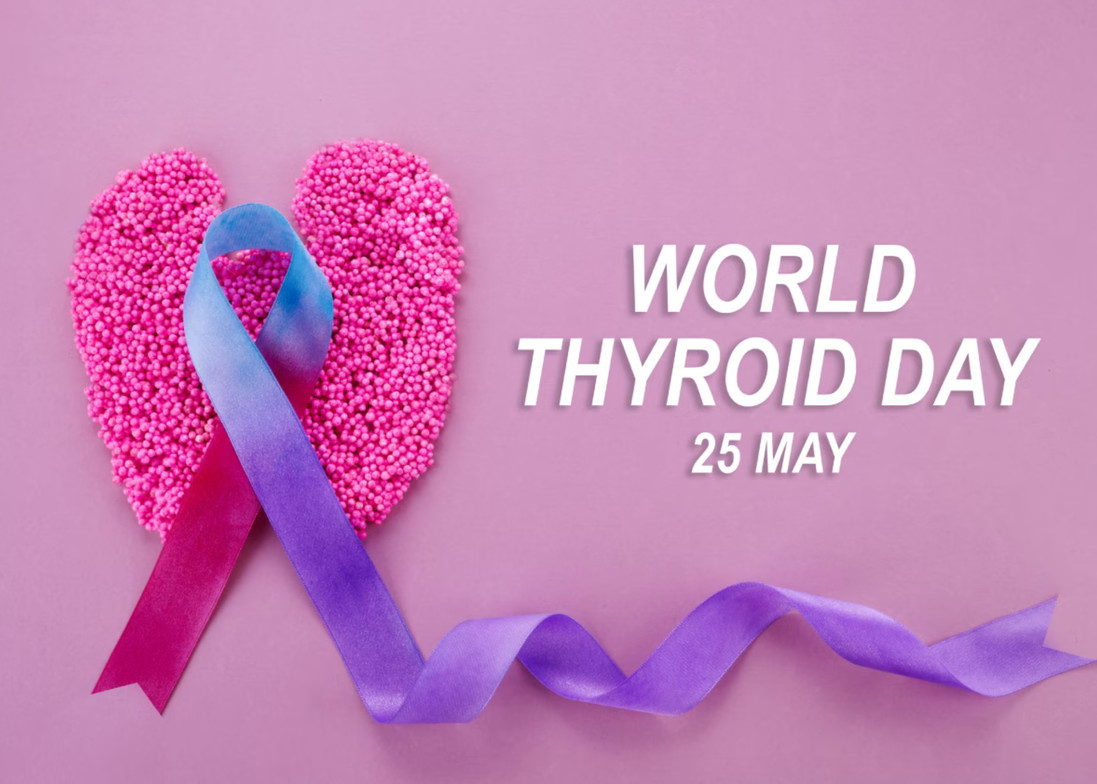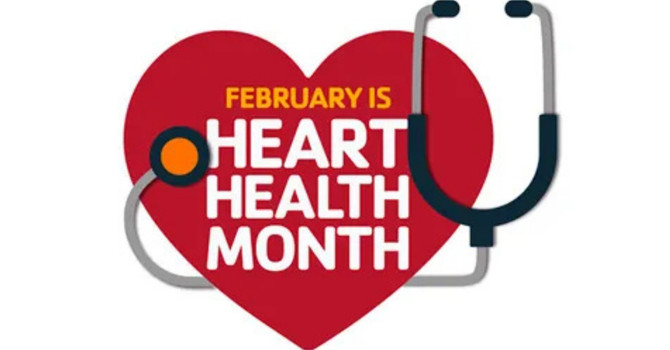
May 25th marks World Thyroid Day, a time to raise awareness about one of the most under-discussed, overworked, and commonly misunderstood glands in your body: the thyroid.
What is the Thyroid?
The thyroid is a butterfly-shaped gland located at the base of your neck. Don’t be fooled by its small size—this little gland plays a big role. It produces hormones that regulate metabolism, energy production, body temperature, heart rate, brain function, digestion, and even your mood. In short, when your thyroid is off, you feel it everywhere. TSH is a hormone produced in the brain that signals your thyroid gland to produce about 80% T4 and 20% T3. The cells in your body then convert the T4 to T3, the usable form.
Why Just Testing TSH Isn’t Enough
In conventional medicine, thyroid screening often begins and ends with TSH (thyroid-stimulating hormone) and sometimes Free T4. But this only tells part of the story.
Here’s the problem:
- TSH is a brain hormone—not a thyroid hormone.
- Free T4 shows how much inactive thyroid hormone is circulating.
- What’s often missing? Free T3, Reverse T3, and thyroid antibodies (TPO and TgAb), which give insight into:
- How well your body is converting T4 to its active form, T3
- Whether inflammation or autoimmunity (like Hashimoto’s) is at play
- If stress or nutrient deficiencies are interfering with thyroid function
At Back in Line, we take a comprehensive look at thyroid function because so many people fall into the “normal” lab range while still feeling exhausted, foggy, or off.
Signs Your Thyroid May Be Out of Balance
Thyroid dysfunction doesn’t always scream—it whispers. Common symptoms include:
- Fatigue that won’t go away
- Cold hands and feet
- Dry skin, hair thinning, or hair loss
- Brain fog or memory lapses
- Anxiety or depression
- Constipation or sluggish digestion
- Weight gain (or inability to lose)
- Irregular periods or fertility issues
If this sounds familiar, it’s time to dig deeper.
How to Support Your Thyroid Naturally
Good thyroid health starts with daily habits. Here are ways to nourish this vital gland:
Nutrient-Dense Diet
- Key nutrients: Selenium, iodine, zinc, iron, B vitamins, and tyrosine
- Best foods: Brazil nuts, seaweed (moderation!), eggs, grass-fed beef, salmon, leafy greens
- Anti-inflammatory focus: Eliminate ultra-processed foods, reduce gluten (especially for autoimmune thyroid issues), and stabilize blood sugar with balanced meals
Lifestyle
- Stress management: Chronic stress can suppress T3 and elevate Reverse T3
- Sleep: Aim for 7–9 hours per night
- Movement: Gentle daily movement improves circulation and hormone balance
Smart Supplement Support
At Back in Line, we recommend evidence-based supplements like:
- Selenium – supports T4 to T3 conversion and reduces thyroid antibodies
- Adaptogens (like Ashwagandha or Rhodiola) – help balance the HPA axis and lower stress-related interference
- Thyroid-focused formulas – available through our elev8 line, which includes targeted nutrients to support thyroid conversion and immune balance*
(*Always consult with a provider before beginning new supplements.)
We Can Help
If you’re experiencing symptoms but told your labs are “normal,” don’t settle. At Back in Line, we offer comprehensive thyroid lab panels and personalized support plans that address the root cause—not just the symptoms.
Schedule a functional medicine consultation with me, Jill Reese, PA-C, to get a complete picture of your thyroid health and feel like yourself again.
World Thyroid Day is May 25th—let’s make it the day you take back your energy.
Call us at (319) 892-3363 or book online to get started.



